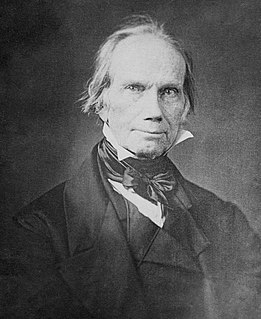A Quote by Jonathan Dimbleby
I ought to rejoice in the fact that our principal rival has died, but I don't.
Related Quotes
Perhaps the whole root of our trouble, the human trouble, is that we will sacrifice all the beauty of our lives, will imprison ourselves in totems, taboos, crosses, blood sacrifices, steeples, mosques, races, armies, flags, nations, in order to deny the fact of death, the only fact we have. It seems to me that one ought to rejoice in the fact of death - ought to decide, indeed, to earn one's death by confronting with passion the conundrum of life.
Living in the now is freedom from all problems connected with time. You ought to remember that sentence, you ought to memorize it, and ought to take it out, you ought to practice it, you ought to apply it. And most of all, you ought to rejoice in it because you have just heard how not to be wretched, miserable you any more but to be a brand new, and forever brand new man or woman.
In particular, I argue that in both evolution and creation we have rival religious responses to a crisis of faith-rival stories of origins, rival judgments about he meaning of human life, rival sets of moral dictates, and above all what theologians call rival eschatologies-pictures of the future and of what lies ahead for humankind.
Greatly ought we to rejoice that God dwells in our soul; and more greatly ought we to rejoice that our soul dwells in God. Our soul is created to be God’s dwelling place, and the dwelling of our souls is God, who is uncreated. It is a great understanding to see and know inwardly that God, who is our Creator, dwells in our soul, and it is a far greater understanding to see and know inwardly that our soul, which is created, dwells in God in substance, of which substance, though God, we are what we are.
It seems to me that one ought to rejoice in the fact of death-- ought to decide, indeed, to earn one's death by confronting with passion the conundrum of life. One is responsible to life: It is the small beacon in that terrifying darkness from which we come and to which we shall return. One must negotiate this passage as nobly as possible, for the sake of those who are coming after us.
That's why it's hard, I think, to rejoice with those who rejoice and mourn with those who mourn. I love that line from the Bible, but it's so incredibly difficult sometimes, because when you've got reason to rejoice, you forget what it's like to mourn, even if you swear you never will. And because when you're mourning, the fact that someone close to you is rejoicing seems like a personal affront.
In all cases where incidental powers are acted upon, the principal and incidental ought to be congenial with each other, and partake of a common nature. The incidental power ought to be strictly subordinate and limited to the end proposed to be obtained by the specified power. In other words, under the name of accomplishing one object which is specified, the power implied ought not to be made to embrace other objects, which are not specified in the constitution.



































